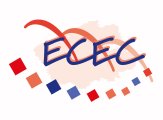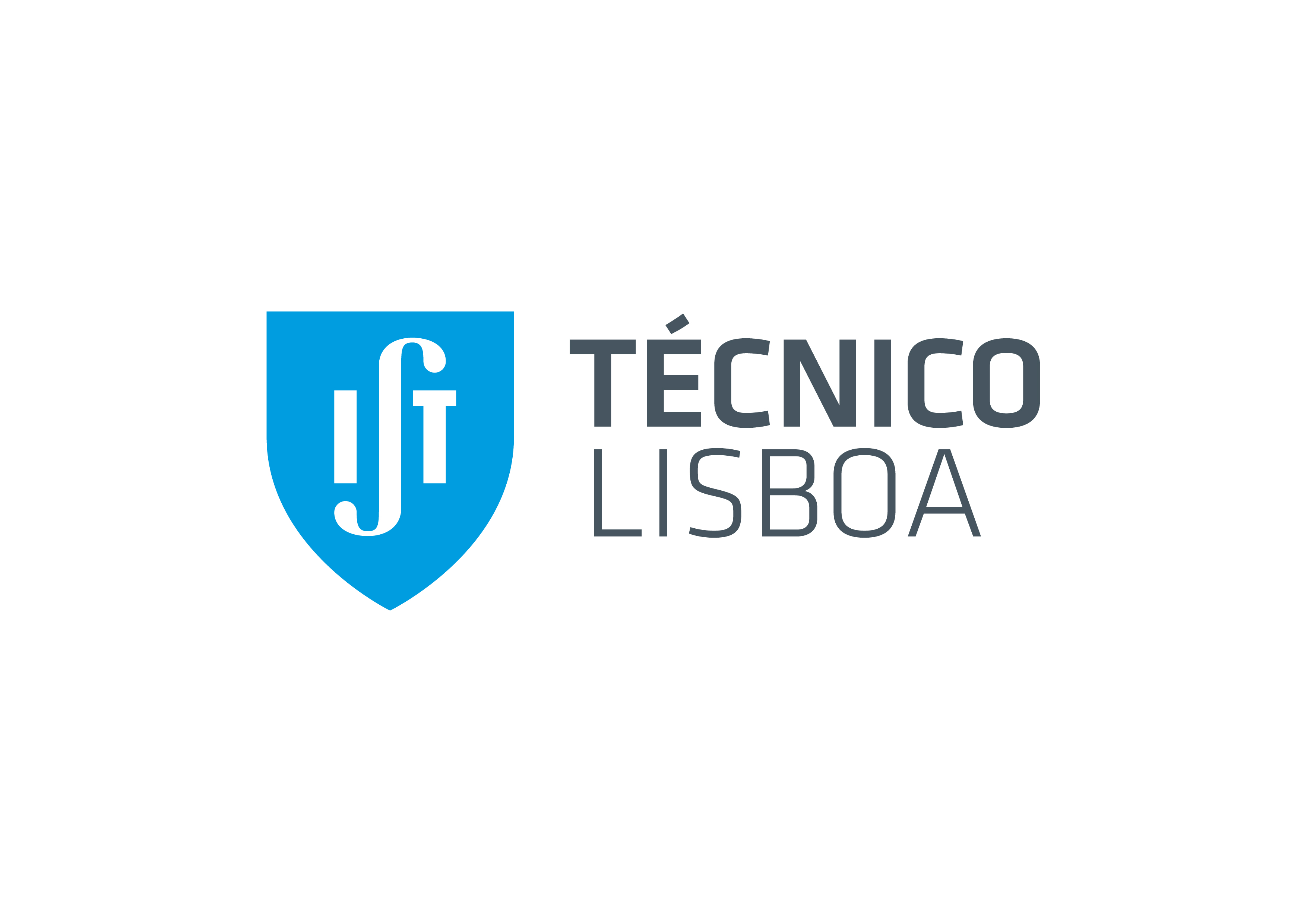
|
|

Conference Workshops
The conference organization is open to suggestions on possible workshops featuring software packages, new hardware or methods used in concurrent engineering.
If you want to propose a concurrent engineering simulation workshop please contact; philippe.geril@eurosis.org
Factory Planning and Control for Small and Medium sized Enterprises (SME’s)
The objective of this special session is to provide a forum of discussion of new ideas, methods and tools used in Production Planning and Control (PPC) in for Small and Medium sized Enterprises (SME’s). In this way, the knowledge and experience in new methods and approaches can be shared amongst participants.
The characteristics of SMEs present particular challenges to the implementation of PPC concepts. SMEs often produce a wide variety of products in low volumes in a Make-To-Order (MTO) or Engineering-To-Order (ETO) basis, with limited financial resources and where the adoption of robotics technology has been complex to install, up to now.
Papers addressing the above issues can be submitted in the following main themes:
• Concurrent manufacturing control
• Modelling and simulation of SME’S
• Control of machines, robots and factories for manufacturing
• Man-Machine interaction in a Cognitive factory scenario
• Reconfigurable and agile factory planning
• Implementation of Planning and Control systems in SME’s
• Pull-push systems and mechanisms for manufacturing and materials flow control in SME’s
• Logistics, material-flow and supply chain
• Quality control and management in SME’s
• Agile reconfiguration of manufacturing systems
To submit a paper on this topic use the online form or this link philippe.geril@eurosis.org
Data-Driven Tradespace Exploration and Analysis
Data Driven Tradespace Exploration and Analysis is a new methodology aimed at transforming the conventional engineering process, which is unable to account for today's challenges of increasing system complexity, increasing pace of technology development, uncertain political futures, and the global availability of technology to potential competitors.
The methodology aims to link the following key technical thrusts:
- Systems representation and Modelling (physical, logical structure, behaviour, interactions and interoperability)
- Characterizing Changing Operational Tasks (Deep understanding of technical needs, impacts of alternative designs)
- Cross Domain Coupling (Model Interchange and Composition across scales, disciplines)
- Data-Driven Tradespace Exploration and Analysis (Multidimensional Generation, evaluation of alternative Designs)
- Collaborative Design and Decision Support (Enabling well-informed, low overhead discussion, analysis and assessment among engineers and decision makers)
thus resulting in improved engineering and design capabilities or so-called Engineered Resilient Systems (ERS)
To submit a paper on this topic use the online form or this link philippe.geril@eurosis.org
Direct Digital Manufacturing
There are presently about 25 3D printing technologies. The oldest is layered object manufacturing, followed by stereolithography. More recent technologies include selective laser sintering, Direct Metal Laser Sintering (DMLS), inkjet technologies, fused deposition modeling, Polyjet matrix and many variations.
All of these technologies take a 3D model, compute cross-sections of that model, and then deposit the cross-sections sequentially on top of each other until the final geometry is achieved.
Applications using this technology include direct parts for a variety of industries including Aerospace, Dental, Medical and other industries that have small to medium size, highly complex parts and the Tooling industry to make direct tooling inserts.
As this methodology and technique is used more and more frequently in the manufacturing process we therefore solicit papers for ECEC'2015 in:
* 3D printing
* Additive manufacturing and additive processes
* Desktop manufacturing
* Digital fabricator
* Direct metal laser sintering
* Fused deposition modeling
* Instant manufacturing, also known as "direct manufacturing" or "on-demand manufacturing"
* Rapid manufacturing
* Rapid prototyping
* Selective laser sintering
* Solid freeform fabrication
* Electron Beam Freeform Fabrication
* Mass Customization
* Clothing Production
* Rapid House Building using contour crafting
* The AMAZE Project - Additive Manufacturing Aiming Towards Zero Waste & Efficient Production of High-Tech Metal Products.
To submit a paper on this topic use the online form or this link philippe.geril@eurosis.org
Smart Factory 1.0 and Industry 4.0
Smart Factory 1.0 is a concept that proposes that domestic manufacturing equipment should provide digitization and networking, using the third generation of research and development, continuing upon the steps of concept, innovation, virtual simulation,
and rapid prototyping. Smart Factory 1.0 also aims to use digital network equipment, achieving widespread integration of the automation system at the workshop level and at the on-site level. It also aims at interoperability and information standardization of the main equipment while embracing flexible production.
Industry 4.0 has as its goal the intelligent factory (Smart Factory), which is characterized by adaptability, resource efficiency and ergonomics as well as the integration of customers and business partners in business and value processes. Technological basis are cyber-physical systems and the Internet of Things.
To submit a paper on this topic use the online form or this link philippe.geril@eurosis.org
Patient Centered Health Care with Meaningful Use of IT
Internationally, poor quality and safety in medical care are major problems having significant economic and societal, as well as health impacts that require urgent attention. Information Technology(IT) is increasingly recognized as an important part of the solution. The concept of Meaningful Use has been introduced to encourage the medical community to fully explore the potential of IT to transform health care, incorporating decision support, electronic information exchange and interoperability. However, the field is still in its infancy and optimal methods of incorporating IT into complex health care systems have not been established. A particular challenge is the need to keep the patient at the center. The medical establishment has begun to recognise the importance of lessons learned and approaches developed in the field of engineering. This track provides an opportunity for cross-fertilization of ideas and approaches to help accelerate progress in this important domain.
To submit a paper on this topic use the online form or this link philippe.geril@eurosis.org












